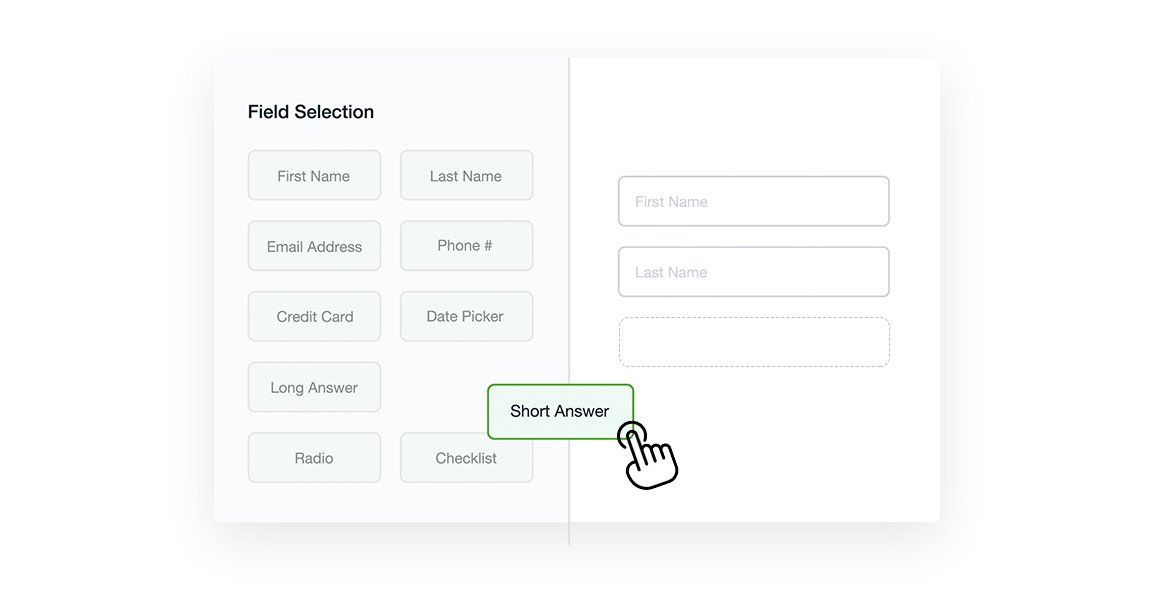As we know, artificial intelligence (AI) capabilities are growing each day, reshaping how institutions manage risk, improve operational efficiency, and deliver more value to customers. As financial services become increasingly complex and data-driven, AI automation offers a compelling path forward to not only stay competitive but also meet growing regulatory and consumer demands. In this industry spotlight, we explore how AI automation is revolutionizing the finance sector, particularly in areas of risk management and process efficiency.
Financial Industry's Digital Transformation
Finance, by nature, is both data-heavy and compliance-bound. From banks and investment firms to insurance companies and fintech startups, the industry relies on high volumes of data to make critical decisions. Historically, these decisions have involved manual reviews, rigid rule-based systems, and siloed legacy infrastructure—leading to inefficiencies, delays, and occasional costly errors.
With mounting regulatory pressures, rising customer expectations, and the explosive growth of digital transactions are forcing financial organizations to rethink traditional workflows. AI automation—combining machine learning (ML), natural language processing (NLP), and robotic process automation (RPA)—is rapidly becoming the strategic lever to meet these challenges.
AI for Risk Management Benefits
Risk is central to every financial decision. From credit underwriting and investment analysis to fraud detection and compliance reporting, managing risk effectively determines the stability and profitability of institutions. Here’s how AI is enhancing risk management:
1. Real-time Fraud Detection
Traditional fraud systems rely on static rule sets which struggle to keep up with evolving threats. AI-based systems, on the other hand, can ingest vast amounts of transaction data in real time, learn patterns of legitimate and fraudulent behavior, and dynamically flag anomalies. For example, a bank can use AI to instantly identify suspicious account activity—such as multiple login attempts from disparate IP addresses—and trigger preventive actions.
2. Predictive Credit Risk Assessment
Credit scoring has traditionally been limited to standard indicators like FICO scores or credit history. AI expands this scope by evaluating non-traditional data—such as utility bill payments, social media activity, or mobile phone usage—to assess a borrower’s creditworthiness more accurately. This is particularly valuable in underbanked regions where formal credit histories are sparse.
3. Regulatory Compliance and AML
Anti-money laundering (AML) efforts are labor-intensive, involving the sifting of massive datasets and transaction logs. AI accelerates this process by automatically identifying high-risk entities and generating detailed suspicious activity reports. Natural language processing can also scan legal documents and regulations to ensure compliance in multiple jurisdictions, saving compliance teams countless hours.
Efficiency Through Intelligent Automation
Risk mitigation is only 50%. The other is operational efficiency. Financial services firms are turning to AI automation to streamline repetitive tasks, reduce operational costs, and accelerate decision-making. Here's why:
1. Automating Back-office Operations
Processes such as data entry, reconciliation, report generation, and KYC (Know Your Customer) checks are ripe for automation. Robotic process automation (RPA), when paired with AI, can intelligently extract and validate information from unstructured sources like scanned documents or emails and update backend systems in real-time—eliminating bottlenecks and manual errors.
2. Smart Document Processing
AI-driven document intelligence tools can read, understand, and categorize financial documents with high accuracy. This is a boon for processes like loan origination, insurance underwriting, and contract management, where multiple documents need to be reviewed and approved. AI extracts key data points, identifies risks, and flags inconsistencies, significantly reducing processing times.
3. Chatbots and Virtual Advisors
Customer service is another area seeing dramatic improvements. AI-powered chatbots now handle complex customer queries, guide users through financial product selections, and even assist with investment advice. These virtual assistants are available 24/7 and can scale infinitely—providing consistent service quality while freeing up human agents for higher-value tasks.
Use Cases
- JPMorgan Chase deployed a program called COIN (Contract Intelligence), which uses AI to review commercial loan agreements. What once took 360,000 hours of legal work annually now takes seconds.
- American Express uses machine learning to analyze millions of transactions daily, identifying trends and anomalies to prevent fraud while offering personalized recommendations to users.
- HSBC leverages AI for AML compliance, using pattern recognition to detect illicit activities. The system significantly reduces false positives and speeds up investigation timelines.
These examples illustrate the tangible benefits of AI automation—measurable in both dollars saved and risks mitigated.
How To Ensure Growth Through Human-AI Collaboration
AI is not here to replace humans but to augment them. The most effective use cases involve human-AI collaboration, where machines handle the routine and humans focus on strategy, ethics, and relationship-building.
In risk management, AI handles real-time monitoring and prediction, while human analysts interpret insights and make final judgments. In customer service, AI assists with triage and resolution, while agents handle escalations and nuanced conversations.
As the technology matures, low-code and no-code platforms are helping financial analysts and risk officers without coding expertise to build, deploy, and adapt AI-driven workflows. AI automation empowers organizations to proactively manage risk, streamline operations, and deliver better customer experiences—all while staying compliant and competitive. While challenges remain, the financial institutions that invest in AI today are positioning themselves as the resilient, adaptive leaders of tomorrow.
Interested in learning how intelligent process automation can enhance your financial operations? Explore how FlowWright’s AI-powered workflow automation platform can help your organization scale securely and efficiently. Ready to learn more? Schedule a demo to explore our AI features and discover how it can transform your organization’s ROI using workflow automation.







